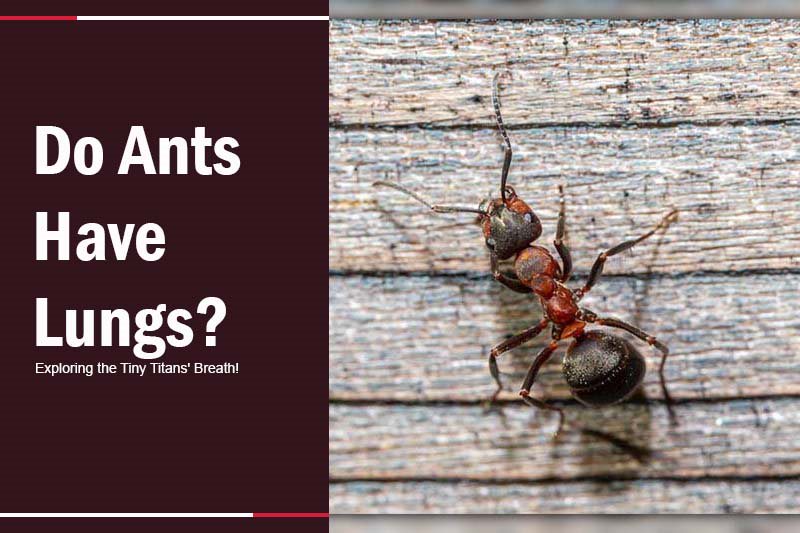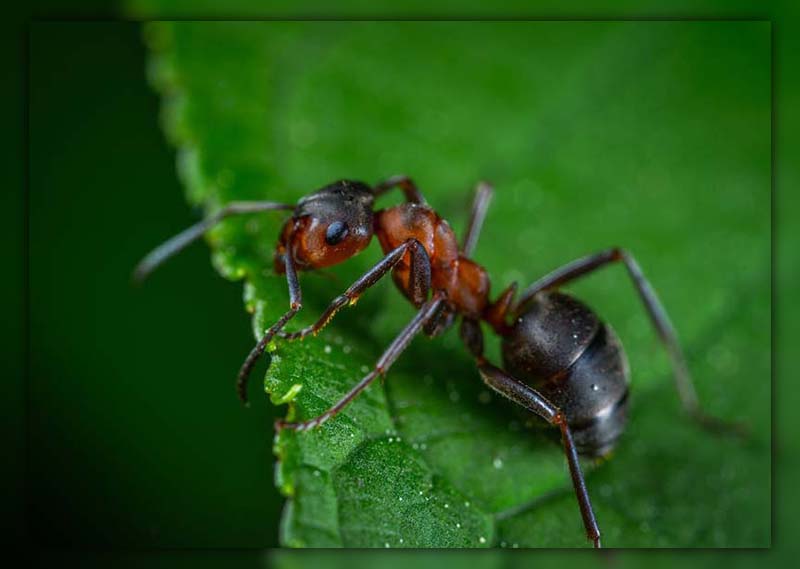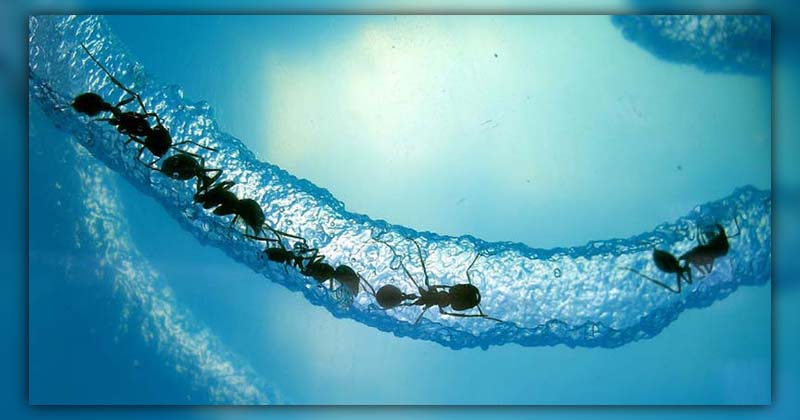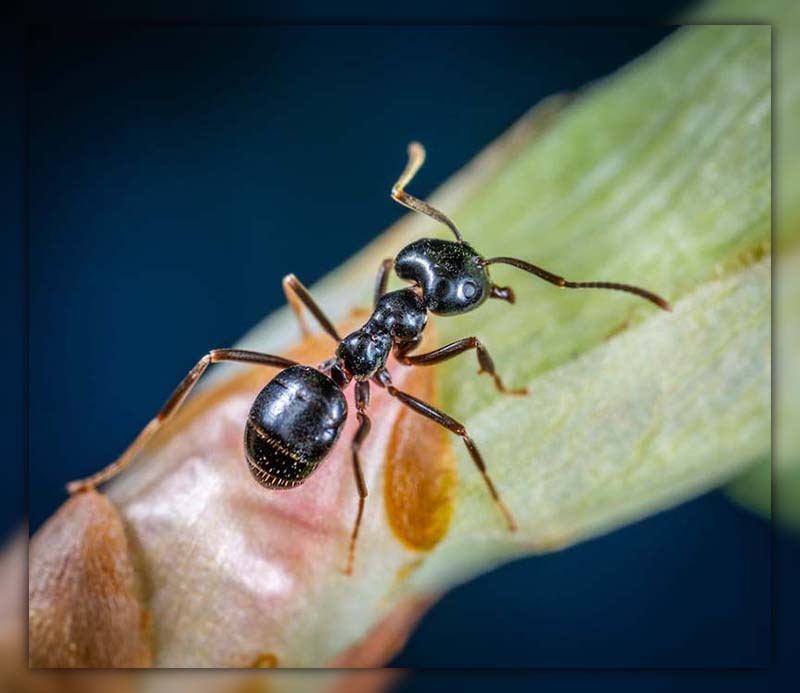Ever found yourself staring at a trail of ants and wondering, “Do Ants have Lungs?” We get it.
Nature is filled with tiny wonders that often leave us scratching our heads, pondering over the how’s and why’s. If you’ve been baffled by the fascinating world of ants and their seemingly relentless energy, you’re in the right place!
We’re here to uncover the mysteries behind these tiny critters’ unique respiratory systems, and how it plays a pivotal role in their daily lives.
From their subterranean escapades to their intriguing anatomy, let’s embark on a journey to understand just how these little marvels breathe, survive, and thrive.
Whether you’re an avid nature enthusiast or a curious homeowner, we’ve got the answers to quench your ant-sized queries!
Do Ants have Lungs?
Nope! Ants don’t have lungs. Instead, they’ve come up with their own unique way of breathing that’s quite different from ours, thus the mystery of “ant lungs” continues to intrigue many.
How do Ants breathe without lungs?
Ever wonder how these tiny critters get their oxygen? Well, ants have spiracles, which are holes on the outside of their exoskeleton, which allow oxygen into their bodies. The spiracles connect into a series of branching tubes called tracheae.
Source: Sudipto
Differences between ants’ and humans’ respiratory systems
Humans rely on lungs to inhale oxygen and exhale carbon dioxide. On the flip side, ants have a system of tubes (those tracheae I mentioned) that directly deliver air to their tissues. Quite the engineering marvel, don’t you think?
Ants lack lungs: Replacement by inventive respiratory system
So, with no lungs, how do ants survive? They’ve got a network of those tracheae which open to the outside through small holes called spiracles. This setup allows oxygen to flow in and carbon dioxide to flow out.
Antennae of ants and their role in the respiration process
While the antennae of ants are mainly used for sensing their environment, they also play a small role in respiration! These antennae contain tiny openings that help in the exchange of gases, ensuring ants remain active.
Impact of the respiratory mechanism on ants’ life
Ever notice how ants seem tireless? Their unique respiratory mechanism gives them great endurance. By directly delivering oxygen to tissues, ants can work longer without tiring.
Do ants need oxygen?
Absolutely! Just like us, ants require oxygen to live. While they don’t have lungs, their tracheal system efficiently delivers the oxygen they need from the air around them.
How do ants breathe underground?
Might seem puzzling but when ants tunnel underground, they design their nests with ventilation in mind. They create tiny air channels that ensure a continuous supply of oxygen to every part of their nest.
Can ants breathe underwater?
While ants aren’t made for an aquatic lifestyle, many species have tricks up their sleeves! Some can trap air bubbles around their bodies, allowing them to ‘breathe’ for short periods underwater. But remember, they’re not fish; they can’t stay submerged indefinitely!
FAQs
Do ants breathe Air?
You bet they do! Ants extract oxygen from the air, using their tracheae system. It’s a bit different from our way, but it gets the job done.
Can Ants survive without lungs?
Indeed, they can. Nature’s a genius, right? Ants have evolved a unique respiratory system using tracheae tubes, which bypass the need for lungs entirely, allowing them to breathe efficiently and go about their ant-y business!
We’ve unraveled the mystery of “Do ants have lungs?”. Without lungs, they’ve ingeniously devised a way to breathe, showing that size doesn’t define capability. Whether underground or underwater, they highlight the marvels of the natural world.
Share your newfound knowledge, and help others discover these wonders with Pestweek!

Calina Mabel has over 15 years of experience in the field of journalism and communications. Currently, Calina Mabel is the Content Writer for categories such as Cockroach, Ants, Bed Bugs, Mosquito, Rodent, Termite, and Flies on Pestweek.com. She aims to build content for these categories with a focus on providing valuable and accessible information to readers, in order to create the world’s largest knowledge community about Pests.
All content written by Calina Mabel has been reviewed by Emily Carter.





